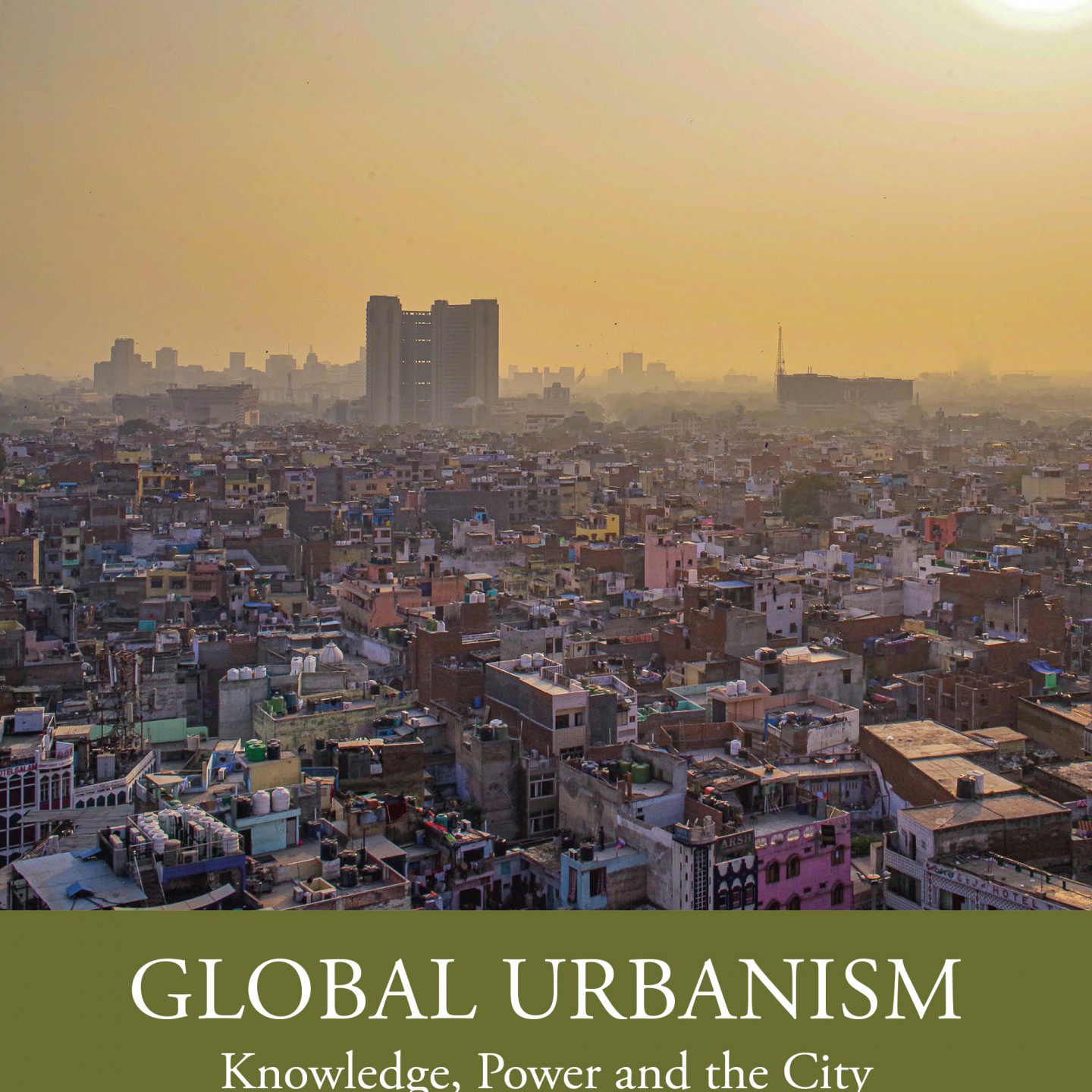A common thread links the buildings occupied by housing rights movements in Rome to the gated communities for the super-rich in Johannesburg, passing through the informal settlements in the suburbs of Maputo, the unauthorised houses built by the middle class along the shores of the Mediterranean Sea, the retirement communities in the United States and the radical-environmentalist communities born in Northern Europe in the wake of the alternative movements of the 1960s. It is the linking thread of a specific relationship of otherness (and sometimes even opposition) with respect to ordinary forms of public regulation, production and management of the urban – that is constitutive feature of global self-urbanism. This chapter will first analyse the birth of self-urbanism and identify its constitutive features. It will then argue that one of the main implications of self-urbanism is the rise of a new institutional fragmentation that overthrows the traditional boundaries drawn by public authorities (e.g. municipal borders) and fuels spatialised forms of unequal urban citizenship.
Book Description
Global Urbanism is an experimental examination of how urban scholars and activists make sense of, and act upon, the foundational relationship between the ‘global’ and the ‘urban’.
What does it mean to say that we live in a global-urban moment, and what are its implications? Refusing all-encompassing answers, the book grounds this question, exploring the plurality of understandings, definitions, and ways of researching global urbanism through the lenses of varied contributors from different parts of the world. The contributors explore what global urbanism means to them, in their context, from the ground and the struggles upon which they are working and living. The book argues for an incremental, fragile and in-the-making emancipatory urban thinking. The contributions provide the resources to help make sense of what global urbanism is in its varieties, what’s at stake in it, how to research it, and what needs to change for more progressive urban futures. It provides a heterodox set of approaches and theorisations to probe and provoke rather than aiming to draw a line under a complex, changing and profoundly contested set of global-urban processes.
Global Urbanism is primarily intended for scholars and graduate students in geography, sociology, planning, anthropology and the field of urban studies, for whom it will provide an invaluable and up-to-date guide to current thinking across the range of disciplines and practices which converge in the study of urbanism.
Browse the preview and the table of contents, or buy the book!

